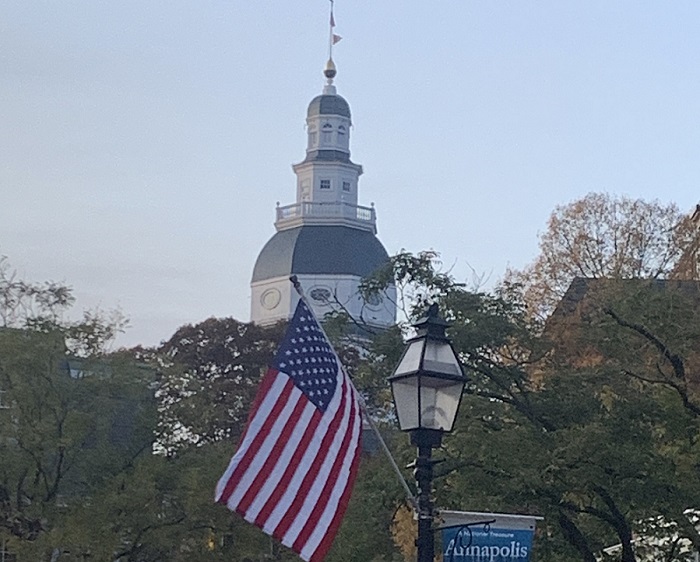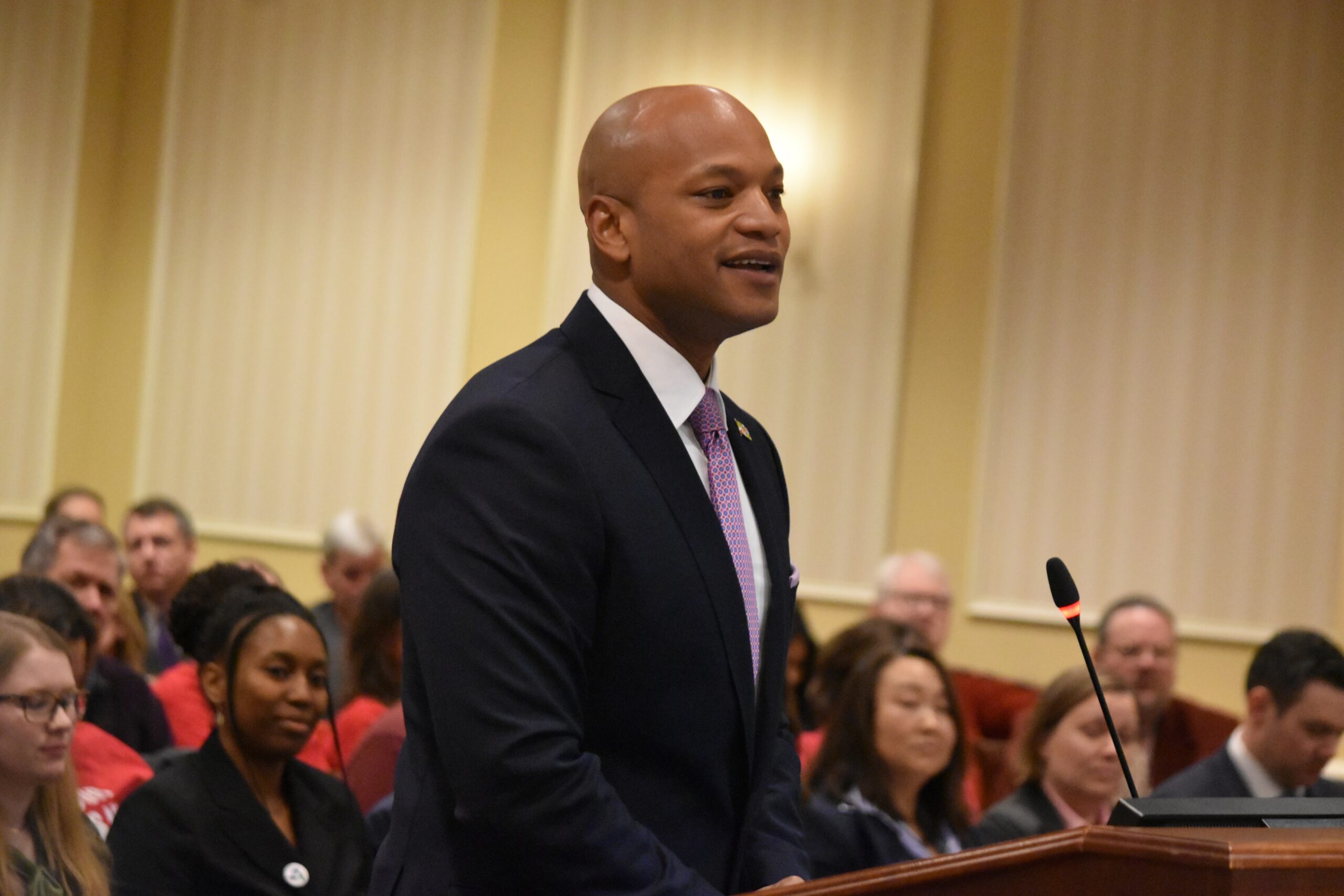
The Maryland General Assembly passed more than 600 bills before their session ended in March.
The bills cover a spate of topics, from Baltimore police audits and how to store body camera footage to flooding and special education. The vast majority of the new laws go into effect Oct. 1, but here are some that start Wednesday, July 1.
Alcohol
Senate Bill 361 allows Anne Arundel County to issue licenses to barbershops and beauty salons so they can serve customers either 12 ounces of beer or five ounces of wine during business hours. Beer or wine can also be served during fundraisers. The cutoff for alcohol service is 9 p.m.
Audits for Baltimore police
Senate Bill 140 expands the goals of audits of the Baltimore Police Department, allowing for multiple audits to be conducted; requires that the scope and objectives of the audit or audits be determined by the state’s legislative auditor, and requires that the city provide access to employees and documents that auditors need for investigations.
Body-worn police cameras
House Bill 739 creates a task force to examine how to store the audio and video recorded by police officers’ body-worn cameras. The bill stipulates that the task force must report its findings and recommendations to the General Assembly by Dec. 1.
Climate and flooding
House Bill 78 expands criteria for what money from the Bay Restoration Fund can be used for, specifically identifying water quality, climate resiliency and flood control.
Additionally, House Bill 177 allows the the Maryland Department of the Environment to take charge if it finds any dams, reservoirs or similar waterway constructions that are in imminent danger of failure. Further, the owner of any such property has to reimburse the agency.
Education
House Bill 262 significantly expands exemptions for nonresident tuition paid by people under the Maryland Dream Act. Individuals must have attended a Maryland high school; graduated from a Maryland high school or received a Maryland GED, and registered within six years after graduating from a Maryland high school or receiving a Maryland GED. The bill also grandfathers in people who, on or after June 15, 2012, were exempt from paying the out-of-state or out-of-county tuition rate at a public institution of higher education.
House Bill 506 expands nonresident tuition exemptions for military personnel, their spouses and dependents. To remain exempt from paying nonresident tuition, a spouse or financially dependent child of an active-duty service member must remain continuously enrolled and living in Maryland during enrollment. The requirement to live in Maryland during enrollment is a new condition for currently eligible people.
Minimum wage hike for Montgomery County
A minimum wage hike from $11 an hour to $15 for Montgomery County was approved back in November 2017. The first phase of its implementation begins Wednesday.
National Guard tuition assistance
House Bill 362/Senate Bill 282 increases the percentage of in-state tuition that the Military Department may reimburse individuals from 50% to 100% for an eligible active member of the Maryland National Guard. It also expands eligibility to include any member who holds a commission in the Maryland National Guard.
Special education
Senate Bill 504 creates the post of Special Education Ombudsman whom parents, students and educators can go to for help about special education rights and services. The ombudsman has to create a toll-free phone number to assist people seeking information or advice about special education. They must also submit a report that includes specified information by July 1, 2022.
Tax exemptions for hearing aids
House Bill 1326 exempts custom-made earmolds for artificial hearing devices, battery
chargers for artificial hearing devices and receivers for artificial hearing devices from state taxes. The bill also repeals a current exemption for a replacement cord for an artificial hearing device.
Unpaid wages
Senate Bill 119 increases the threshold for a complaint of unpaid wages to be subject to an order by the Commissioner of Labor and Industry for an employer to pay wages from $3,000 to $5,000.
Even more bills are slated to take effect Oct. 1 in Maryland. See them here.
As part of Maryland Matters’ content sharing agreement with WTOP, we feature this article from Will Vitka. Click here for the WTOP News website.




 Creative Commons Attribution
Creative Commons Attribution